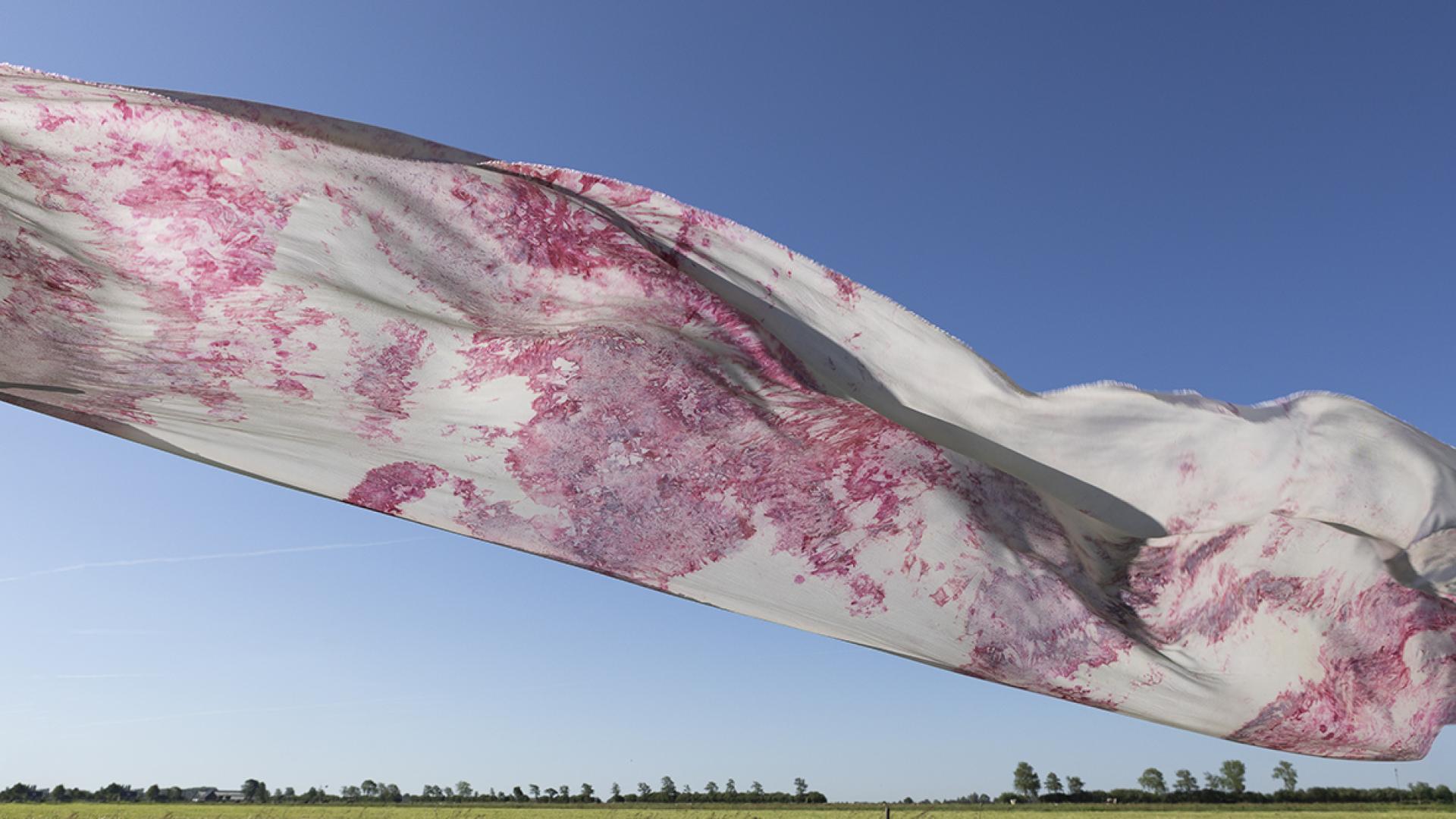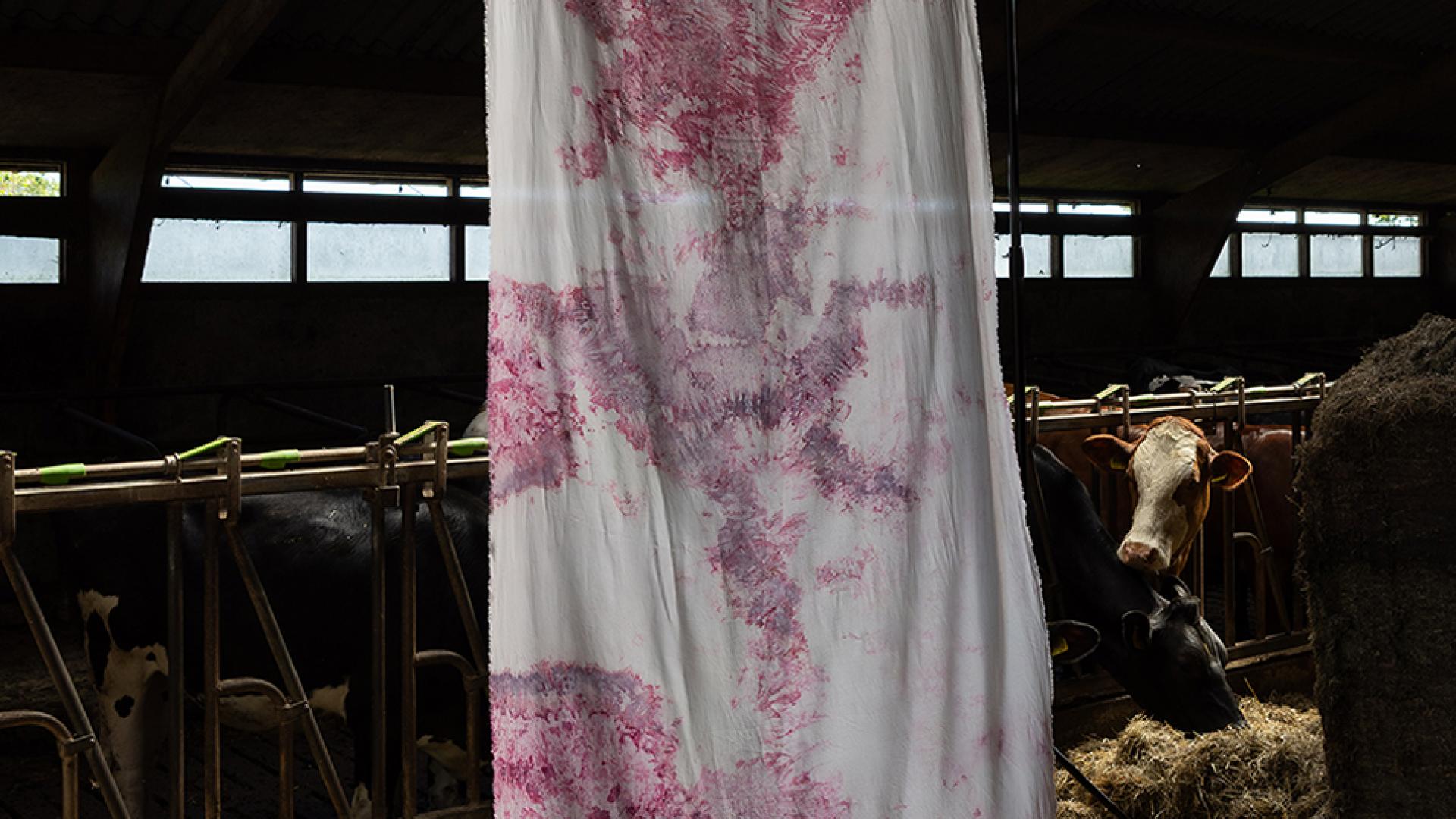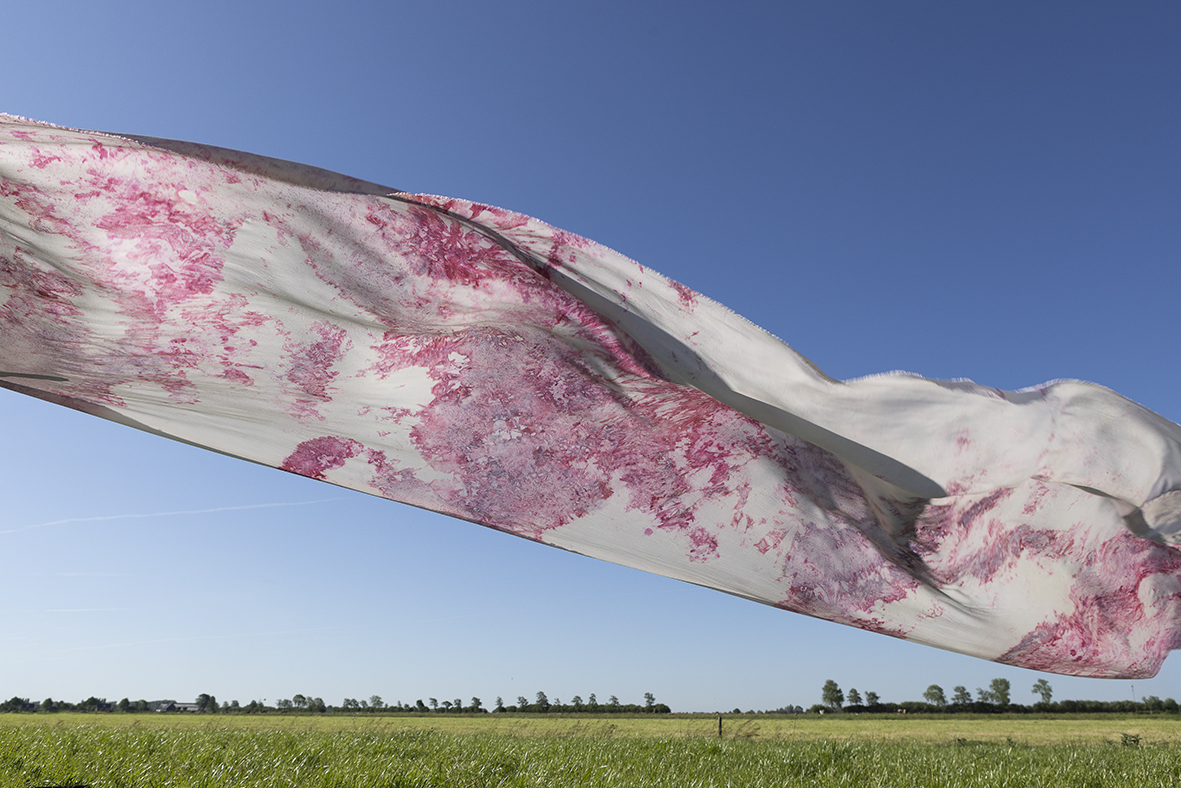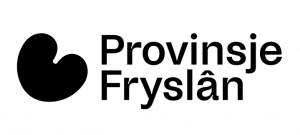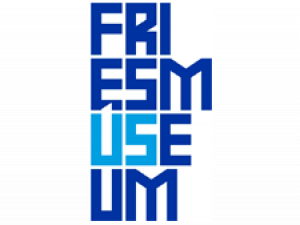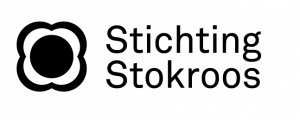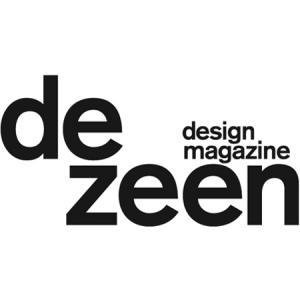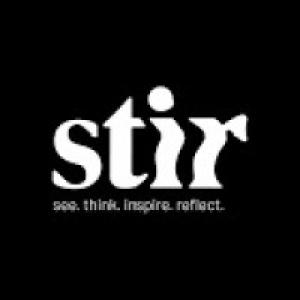Veenweide Atelier – An Ecosocial Design Lab for Peat Landscapes
The Frisian peat meadow area is the largest continuous peat landscape in the Netherlands—one of the planet’s critical zones where climate, biodiversity, and human livelihood intersect. Low water levels dry out the soil, releasing vast amounts of CO₂. Restoring peat, fostering biodiversity, and raising water levels offer solutions.
The Veenweide Atelier (Peat meadow Atelier) is a project initiated by artist and designer Henriëtte Waal and Arcadia Foundation and functions as an ecosocial design lab, where farmers, residents, nature managers, scientists, and designers collaborate. Together, they explore how peat landscapes can remain resilient and livable—for both people and the more-than-human world.
Can microorganisms color the future of textiles?
Creative design studio Faber Futures explores how local pigment-producing bacteria - mainly found in healthy soil and manure - can provide a sustainable alternative to conventional chemical dye processes.
At the Veenweide Atelier, Faber Futures collaborates with Frisian farmers, microbiologists, and textile makers. They experiment with locally cultivated bacterial strains from the peat meadow area. They test how agricultural waste can feed these bacteria, supported by residual heat from the farm. The project proposes a distributed, fit-to-farm model of biomanufacturing in Friesland and aims to establish a circular system for textile finishing. The large printed fabric embodies collaboration between humans, plants, and bacteria.
 Free wifi available
Free wifi available
 Toilets available
Toilets available
 Fully wheelchair accessible
Fully wheelchair accessible
 Wheelchair friendly toilet available
Wheelchair friendly toilet available
